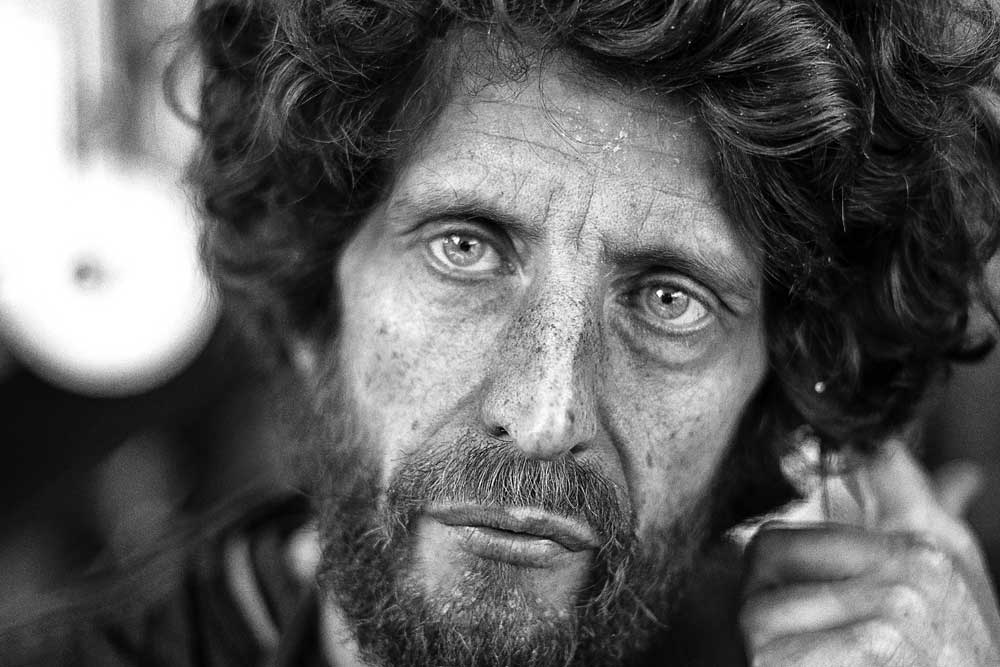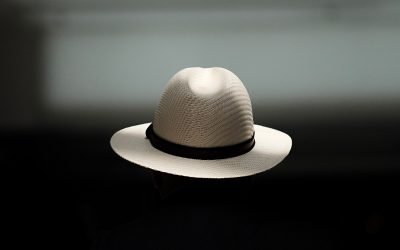Becoming a singer at a later age
For anyone considering a career in classical singing at any point in their lives, one question applies: ARE YOU CERTAIN YOU WANNA DO THIS?
I do believe everyone should sing and everyone should learn to sing to some extent. Many medical studies prove it’s incredibly healthy. It releases stress, increases joy, even lowers the chance of heart disease. This is why, I assume, most people do sing during their lives at least in the shower where most others won’t be able to hear them. But choosing to sing for a living is entirely a different thing. In wise words of a well-known singer and vocal teacher G. Stapp:
If you are determined to be a singer, pause for a moment to consider this advice. If there is anything else that you can do well and that you enjoy, choose that as a career and save singing for an avocation. Unless the very essence of your being demands that you sing professionally – don’t do it. Get a life instead!
Seriously, too many people lose all enjoyment in music as they vainly struggle for professional and financial success. And no matter what, be sure to plan for an alternate career, too. After all, one is more likely to be elected to Congress than to ever earn enough money from singing that it’s necessary to pay annual net income taxes.
Is there a simple answer?
Armed with hopes, dreams and often illusions of a grandeur life, many young and not so young singers set out to become professionals unaware of the challenges and perils of the task. An even bigger amount of individuals and, sadly, institutions, big and small, profit from nurturing these ambitions in their students; out of self-interest and without introducing them to the truths and realities of such carriers.
Now: if you’ve informed yourself properly and you are still convinced this is a path you want to proceed on – I wish you the very best of luck. Along with a solid vocal technique and hard work, luck will be your most important factor.
But what if you are in your late twenties, thirties or even older: is it too late to realize your dreams of becoming a professional opera singer?
Let me disappoint you right away: the answer to this question is not a simple yes or no.
For many reasons, the world of opera is suffering a crisis. There are many things that plague the art form. From general lack of funding, through different, often ill conceived approaches to “modernize the form”; from the recording industry controlling a big chunk of the market to the lack of respect towards the old masters and traditions (composers, singers, conductors stagings); to a general demand of perceived realism (younger, faster, prettier) which most commonly leads to empty, uninteresting and inadequate.
Most singers, nowadays obtain their bachelor and master degrees by the age of 24. Their diplomas might not help them to acquire the job within the industry but the fact remains they have, at least to a certain extent, been trained in music theory, singing, acting, movement, some stage experience and all other traits one needs to become a classical singer.
The people with a late start tend to lack some or all of these at the age of 25.
Training? Yes, please.
There might be many reasons why one (re)discovers a passion for singing and desire to become a professional classical singer at a later age.
- Late discoveries. For some singers, it was only later in life that they discovered that they had viable instruments. In (church) choirs where they were heard by conductors and encouraged to explore their voices more.
- Dramatic voices often need longer to develop and mature and sometimes they go through fach changes which in turn require more time spent on technical work and learning a lot of new repertoire both of which are time-consuming. This implies, of course, that you know what your voice type is.
- Singers who once had early aspirations for singing careers, but put them on hold because of competing priorities like raising children or simply putting food on the table.
- Musicians who played an instrument who discovered they had fantastic voices
Final thoughts
In some cases, age itself might not be a problem. If you happen to be a bass baritone or a dramatic mezzo your mature looks and gray hair won’t be an issue, as these voices usually portray aging characters. The experience might be a bigger requirement if the character in question is the lead but if you don’t mind singing a wide spectrum of supporting roles (and possibly work your way up) this might be a great opportunity.
Last but not least: set realistic goals. Treat this like a business that it is! Know your specific product and do your best to understand how it fits into the market. Focusing more on oratorio, lied performances, semi amateur productions etc.
Produce your own projects, collaborate with other artists of different genres, look at the Internet and new media as channels for creativity, and never give up on your passion and dreams – even if your path is not always linear.
An older singer might have to just accept this reality. Part of being a grown-up is not being cared for but learning how to take care of oneself. Therefore, the grown-up must create his/her own support system. Even the extremely young people face many trials and tribulations. In a graduating class of 15 people within 10 years chances are only a handful will still be singing actively and only 1 or 2 (if any) might “make it big”. This is the nature and reality of the operatic world, no matter the age.
Credits:
Cover photo by JC Bonassin
Background photo by Simon Wijers






